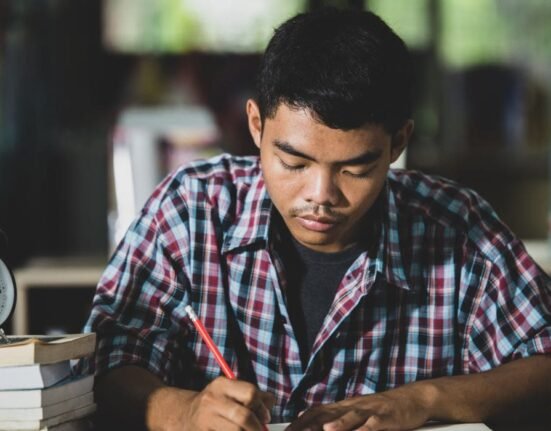26th June is recognized as the “International Day Against Drug Abuse and Illicit Trafficking” by the United Nations (UN). Celebrating this day aims to understand the underlying cause of drug use and encourage using evidence-based practices to prevent it. Thus, strengthening action and cooperation to achieve a Drug-Free World. Observing this day, AIIMS, New Delhi, has organized a panel discussion by the National Drug Dependent Treatment Centre (NDDTC). It was established in 1988 and operated from Ghaziabad, Delhi NCR. The Centre has a well-qualified and multi-disciplinary faculty and staff for providing clinical care through inpatients, outpatients and community clinics. There are options for pharmacological and non-pharmacological treatment available. The NDDTC conducts research, offers training, documents and publishes resource materials, evaluates addiction issues in the nation, disseminates information about addiction diseases there, and offers lab services.
Panel Discussion – 26th June 2023
On “International Day Against Drug Abuse and Illicit Trafficking”, AIIMS is holding a panel discussion based on the theme this year. The discussion will occur in NDDTC, AIIMS Delhi – Dr Ramalingaswami BoardRoom from 5–6 PM on 26th June 2023 (Monday). Professor Yatan Pal Singh Balhara, NDDTC, will moderate the panel. The itinerary of the discussion consists of three themes followed by a question and answer session. The three themes are Tobacco and Cannabis Use in educational campus by Dr Ayushi Chaturvedi – Junior Resident Psychiatry, Prevention of Substance Use by Kamini Verma – Senior Resident Addiction Psychiatry and Myths & Facts by Dr Shalini Singh – Assistant Professor. The focus of the panel discussion is on youth and students.
The Theme of the year
This year the theme for the day is “People First: stop stigma and Discrimination, strengthen prevention” by the United Nations Office on Drug and Crime (UNODC). It focuses on a person-centered approach, human rights, compassion, and evidence-based practices. The aim is to raise awareness of stigma and discrimination against drug who use drugs and their families and on the AIDS and Hepatitis epidemic among people who use drugs. Also, look through alternatives to punishment, providing volunteering services, and prioritizing prevention. Using non-judgemental and respectful language is essential to break the stigma. Also, educating people about drug-use disorders and available treatments. It would be helpful for early intervention and prevention. Therefore, empowering young people and communities.
Creating awareness among youth
Million people across the globe face the issue of drug addiction, making it a complex problem. Drug addiction is not only a warning sign for individuals but families and communities as well. It can result in declining physical and mental health, loss of energy and productivity and broken relationships. It is crucial to have a forum where stigmatised and taboo-related subjects can be discussed without worrying about being judged. Raising awareness about use and prevention, treatment, and rehabilitation, highlighting the health challenges, is essential to educate youth about drug use and abuse. Also, these discussions promote community-based treatment, thus prioritizing recovery and rehabilitation. It motivates us to fight against drug addiction and enhance public health through education and advocacy.
26th June 2023 is recognized as “International Day Against Drug Abuse and Illicit Trafficking” to strengthen action to achieve a world free of drugs. This year AIIMS, Delhi’s National Drug Dependent Treatment Centre (NDDTC), has organized a panel discussion from 5–6 PM at the Dr Ramalingaswami BoardRoom. The panel discussion is based on the theme “People first: stop stigma and discrimination, strengthen prevention”, given by the United Nations Office on Drug and Crime (UNODC). For further information and to understand about drug use and abuse in the country along with evidence-based practices for prevention, attend the panel discussion.













Leave feedback about this